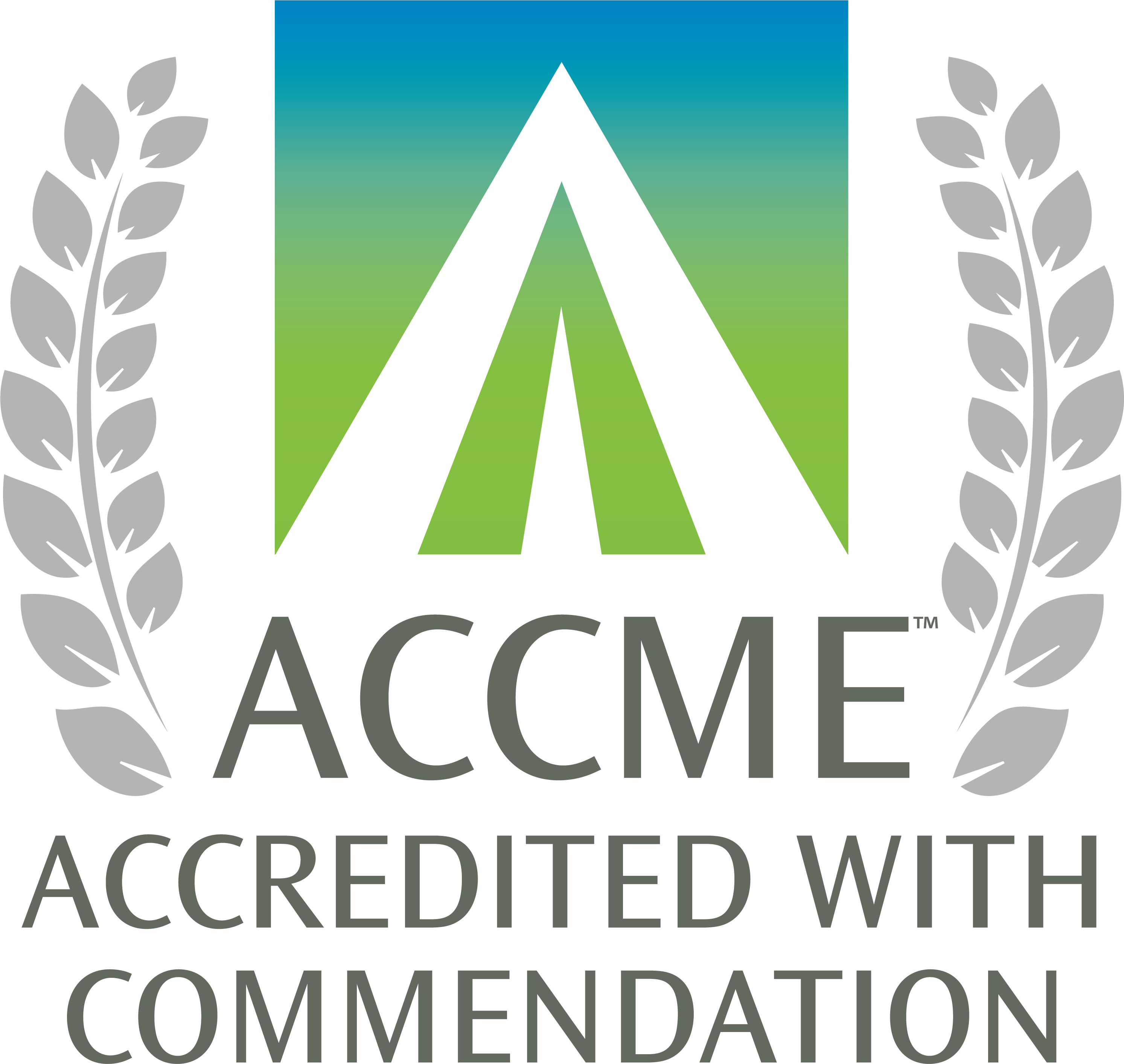FODMAP Module 08: Nutrients at Risk When Following the Low FODMAP Diet
To begin this activity, click Enroll. Once logged in, learners can access educational content, assessments, and evaluations. Learners who successfully complete the activity will be able to print a certificate.
Module 8:
Nutrients at Risk When Following the Low FODMAP Diet
Tamara Duker Freuman, MS, RD, CDN
- Identify the key nutrients at risk of inadequate consumption when following the low FODMAP diet: Fibre, Calcium, Iron
- Identify know FODMAP substitute foods rich in fibre, calcium & iron.
- Identify the signs of nutritional inadequacy.
- Identify sources of low FODMAP prebiotic foods.
- Discuss methods of implementing the low FODMAP diet for vegans & vegetarians.
- Demonstrate understanding that low FODMAP diet is not a long-term diet.
- Discuss potential risks and contraindications for the low FODMAP diet (including macro/micro nutrient deficiencies, the effect on microbiome diversity, disordered eating, food fears etc.
This activity has been planned and implemented in accordance with the accreditation requirements and policies of the Accreditation Council for Continuing Medical Education (ACCME) through the joint providership of the University of Michigan Medical School and GI Institute. The University of Michigan Medical School is accredited by the Accreditation Council for Continuing Medical Education (ACCME) to provide continuing medical education for physicians.
The University of Michigan Medical School designates this enduring material for a maximum of 1.00 AMA PRA Category 1 Credit(s) ™. Physicians should claim only the credit commensurate with the extent of their participation in the activity.
Palsson O, Whitehead W, Tornblom H, et al. Prevalence of Rome IV Functional Bowel Disorders Among Adults in the United States, Canada, and the United Kingdom
Gastroenterology 2020;158:1262–1273.
Chey WD, Eswaran S, Kurlander J. Management of Irritable Bowel Syndrome. JAMA 2015; 313(9):949-958.
Agarwal N, Spiegel B. . The Effect of Irritable Bowel Syndrome on Health-Related Quality of Life and Health Care Expenditures. Gastroenterol Clin North Am. 2011;40(1):11-19.
Gralnek IM, Hayes RD, Kilbourne A, et al. The impact of IBS on health-related quality of life. GASTROENTEROL 2000;119:654–660.
Whitehead WE, Palsson O, Jones KR. Systematic review of the comorbidity of irritable bowel syndrome with other disorders: what are the causes and implications?
Gastroenterology. 2002;122:1140-1156.
Levy RL, Olden KW, Naliboff B, et al. Psychosocial aspects of the functional gastrointestinal disorders. Gastroenterology. 2006;130:1447-1458.


